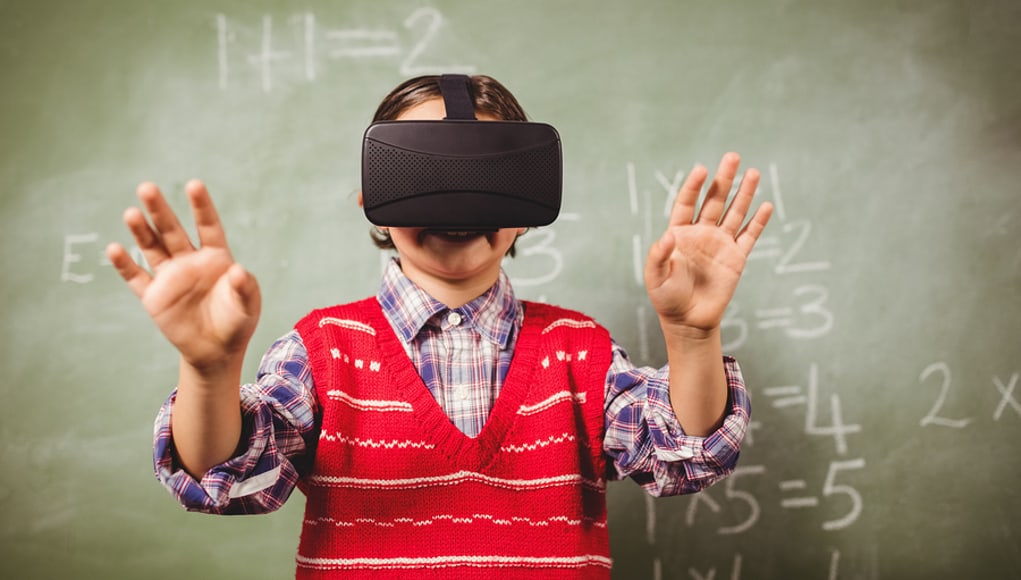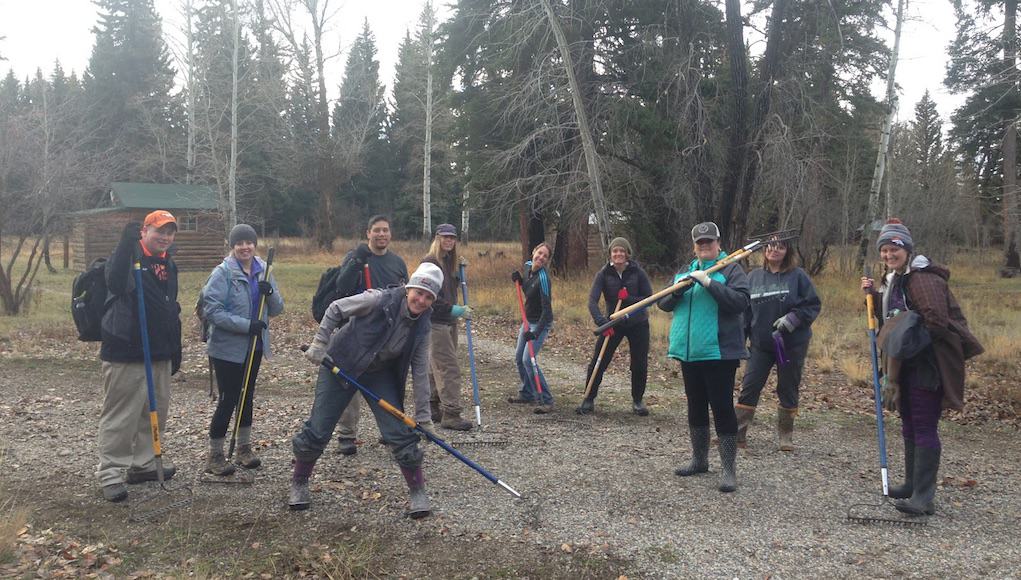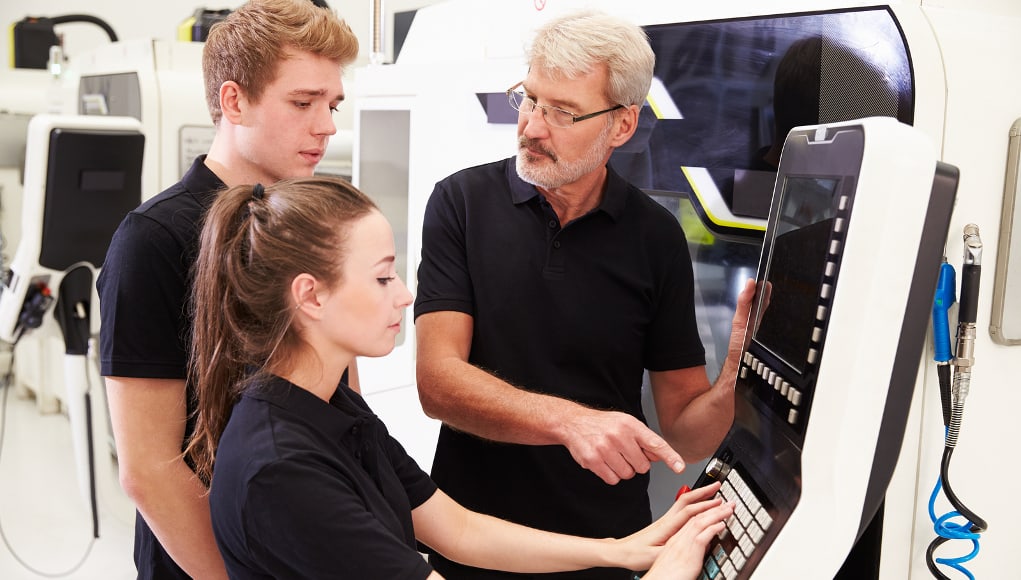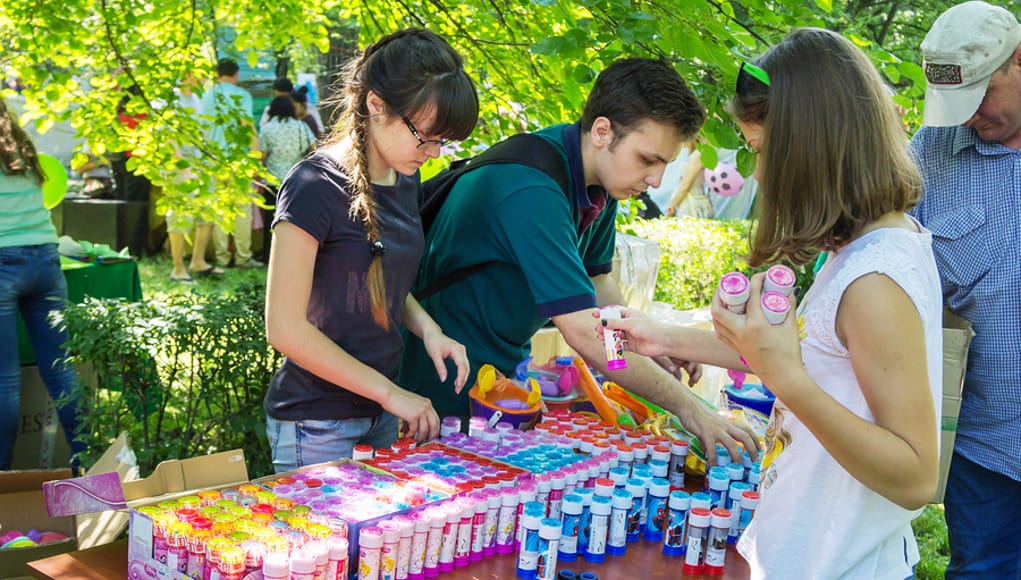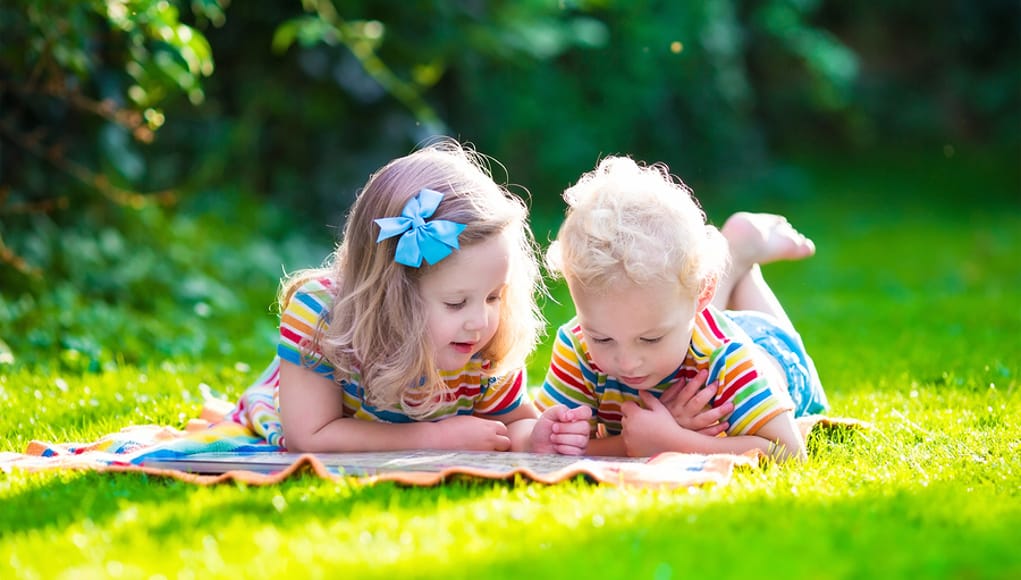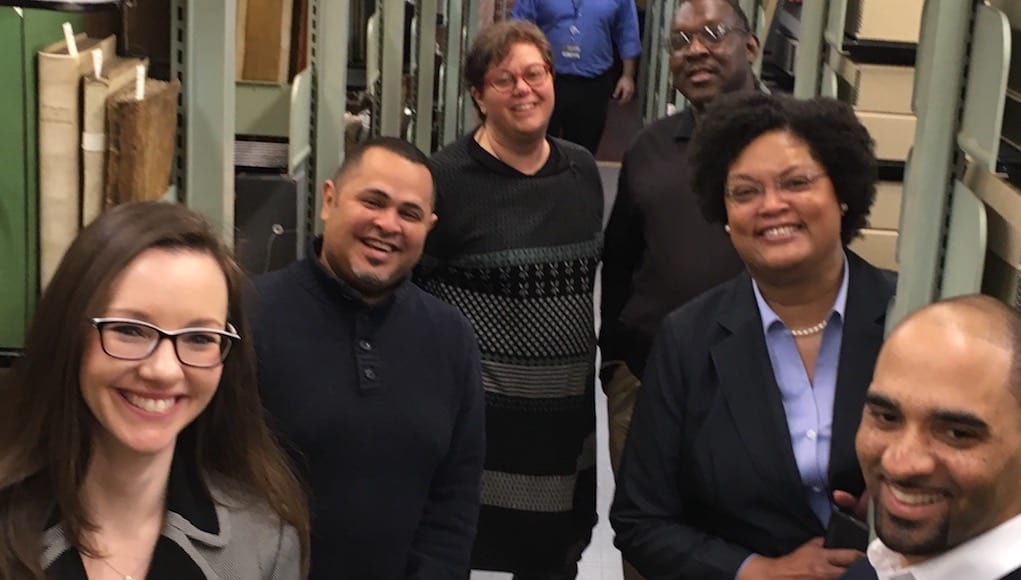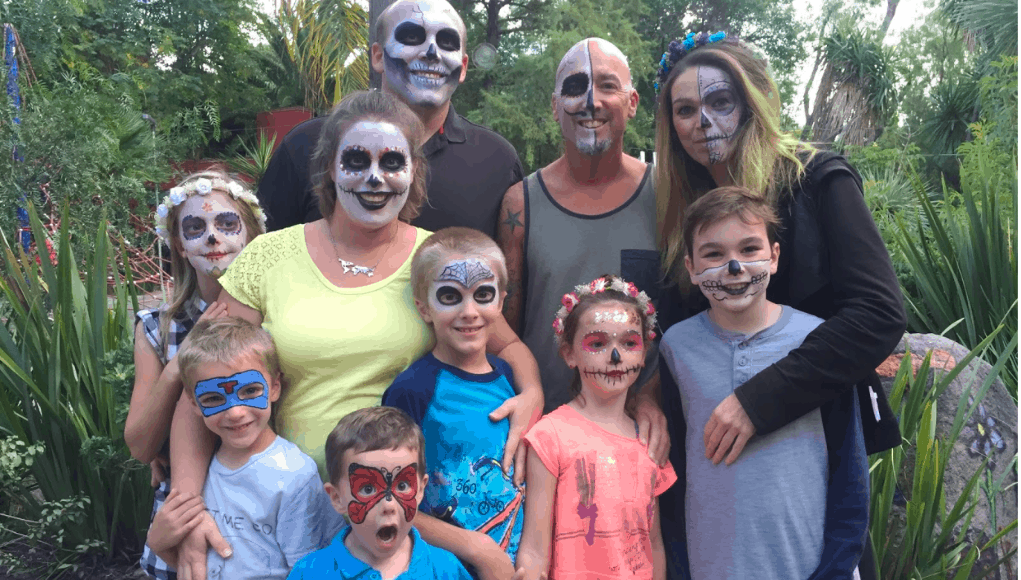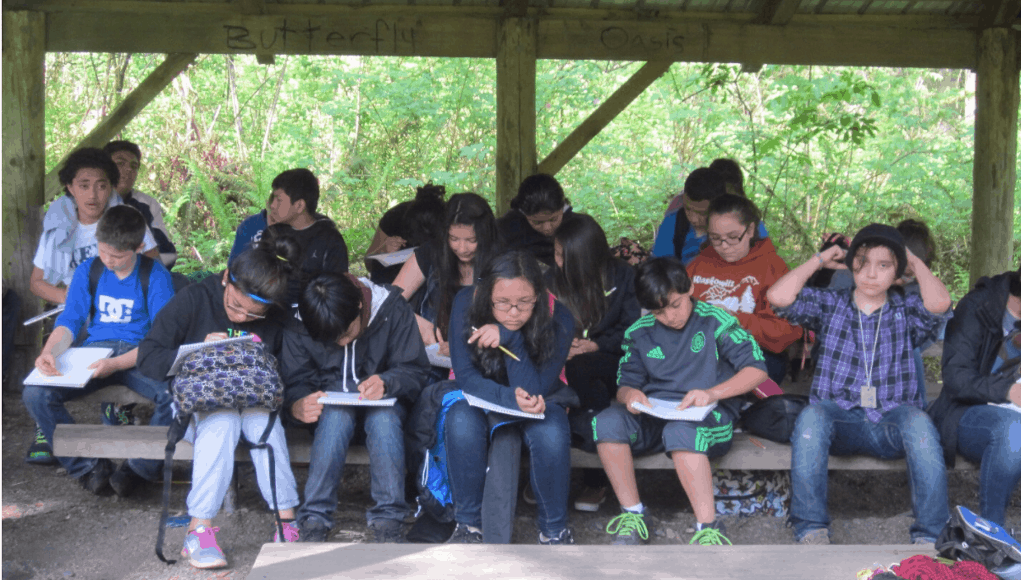Place Based Education
Place-Based Education (PBE) is anytime, anywhere learning that leverages the power of place, and learning space – not just the power of technology – to personalize learning. We’ve recently released a new book, The Power of Place: Authentic Learning Through Place-Based Education, which focuses on how PBE is an immersive learning experience that “places students in local heritage, cultures, landscapes, opportunities and experiences, using these as a foundation for the study of language arts, mathematics, social studies, science and other subjects across the curriculum.” PBE is also a natural complement to Personalized and Project-Based Learning, providing a way to connect these efforts to students’ local environment for engaging learning that leads to more engaged citizens.
Transcend the Classroom with Virtual Place-Based Learning
By: Louis Pienaar. Simulation-based learning allows my students to learn in a highly immersive environment that reflects aspects of the real world, encouraging deeper learning of cross-curricular skills and concepts.
Teacher Reflection | The Power of Place-Based Professional Learning
By: Helen Ommen. I'm comfortable teaching inquiry-based lessons, but I have always felt less secure letting students ask and pursue their own questions. That all changed after my place-based professional learning experience.
10 Big Ideas We Are Learning Through Our High School Internships
By: Kemberly Garcia and Iris Ramirez. Beginning in 9th grade, students at Big Picture Learning schools experience place-based education twice a week through internship opportunities. Here, two students share their experiences.
21 Tips for Connecting Learners to Their Community
By: Becs Boyd. Successfully bringing learning out of the classroom requires good relationships between educators, administrators, students and the community. These tips can help in getting started with Place-Based Education.
Podcast | Outdoor Learning Leads to Curious Students
By: Linda Buchner. In this guest post/podcast, Emma Huvos shares a bit about her philosophy for concentrating on nature in early ed, which led her to build a unique preschool on her family’s 80-acre farm.
5 Reasons To Take Time Out of the Classroom
By: Sam Nelson. Since I plan and experience a wide range of excursions around the world with many different students, I am often asked how we justify taking valuable time out of the classroom. Here are five reasons I feel it's important to do so.
HigherEd Approaches to Empowering Students
By: Jeffrey Partridge. Often in higher ed, place-based pedagogy implementation is left to individual educators. However, here are several examples of colleges that make place-based education central to their identity, and an exploration of the benefits they have discovered from doing so.
Connecting Families Traveling the World’s Classroom
By: CJ Singer. My family has been traveling full-time for three years and developed the online community Worldschooler Connect to link all traveling families throughout the world's classroom.
Can Relevant Learning Boost Gross National Happiness?
By: Leslie Cook. In striving to make their educational system and curriculum their own, Bhutan has introduced relevant learning through place-based education with an emphasis on boosting community vitality and well-being.
Learning Leadership Skills Outdoors: Place-Based Ed in the Puget Sound
By: Roberta McFarland. Students in the Waskowitz Environmental Leadership & Service program participate in place-based learning experiences that help them develop leadership skills as well as choose their next steps for college and career.



